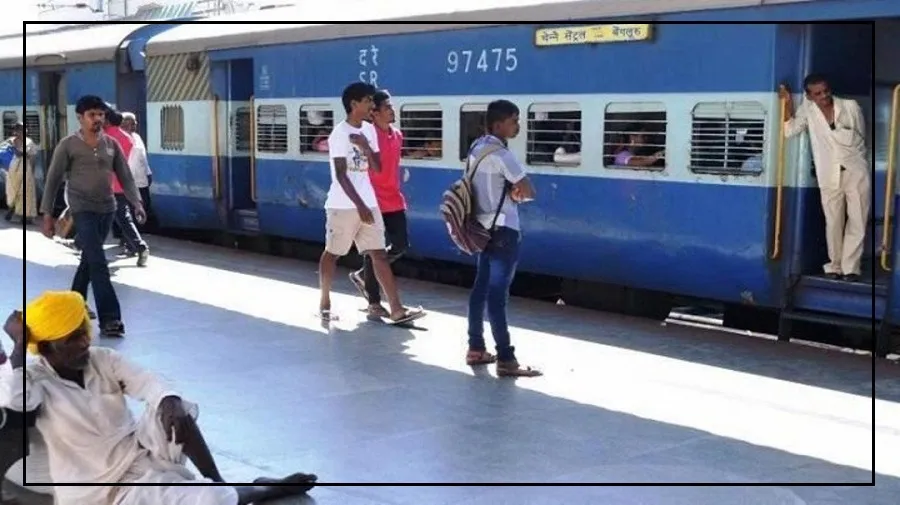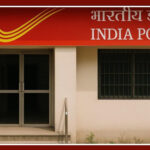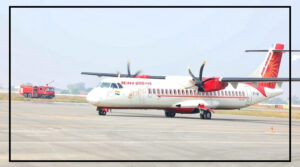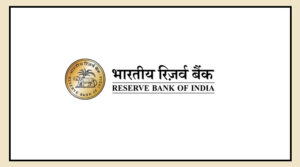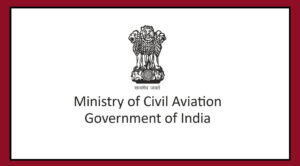Currently, a train journey from Bengaluru (Karnataka) to Hyderabad (Telangana) takes around 19 hours.
But in the next few years, this long journey could be reduced to just 2 hours, thanks to the upcoming Bengaluru-Hyderabad High-Speed Rail Corridor.
This project is being developed on the lines of the Mumbai-Ahmedabad Bullet Train, and its Detailed Project Report (DPR) is expected to be ready by March 2026.
Once completed, the report will be submitted to the Railway Board and then to the Central Government for approval.
The 626 km-long corridor will be an elevated track.
RITES Limited is currently working on the final survey and alignment.
After the DPR is prepared, it will be sent to the Cabinet Committee on Economic Affairs for final approval.
Super Fast Speeds, Big Time Savings
The proposed bullet train on this route will run at a design speed of 350 km/h and an operating speed of 320 km/h.
This will reduce the travel time from 19 hours to just 2 hours, saving valuable time for business professionals, students, daily commuters, and regular passengers.
However, the project faces a major challenge: land acquisition.
According to the South Central Railway (SCR), which is handling the project, acquiring land is not easy.
SCR’s Chief PRO, A. Sridhar, said they are coordinating with the Chief Secretaries of the states involved, and that some meetings have already taken place in Karnataka.
If land acquisition is difficult in certain areas, the rail alignment may have to be adjusted.
States Show Strong Support
Leaders from multiple states are showing support for the project.
Telangana Chief Minister A. Revanth Reddy has asked for the project to be sped up and has also pushed for faster progress on the Hyderabad-Chennai and Hyderabad-Bengaluru routes.
Similarly, Andhra Pradesh Chief Minister N. Chandrababu Naidu has shown interest in improving high-speed train connectivity between major cities in South India.
Travel and Connectivity Will Improve
If the plan goes smoothly, the Bengaluru-Hyderabad bullet train will make travel between the two cities as fast and easy as taking a train from Delhi to Jaipur or Mumbai to Pune.
This project will not only make commuting quicker but will also boost the economy and improve people-to-people connectivity across South India.


